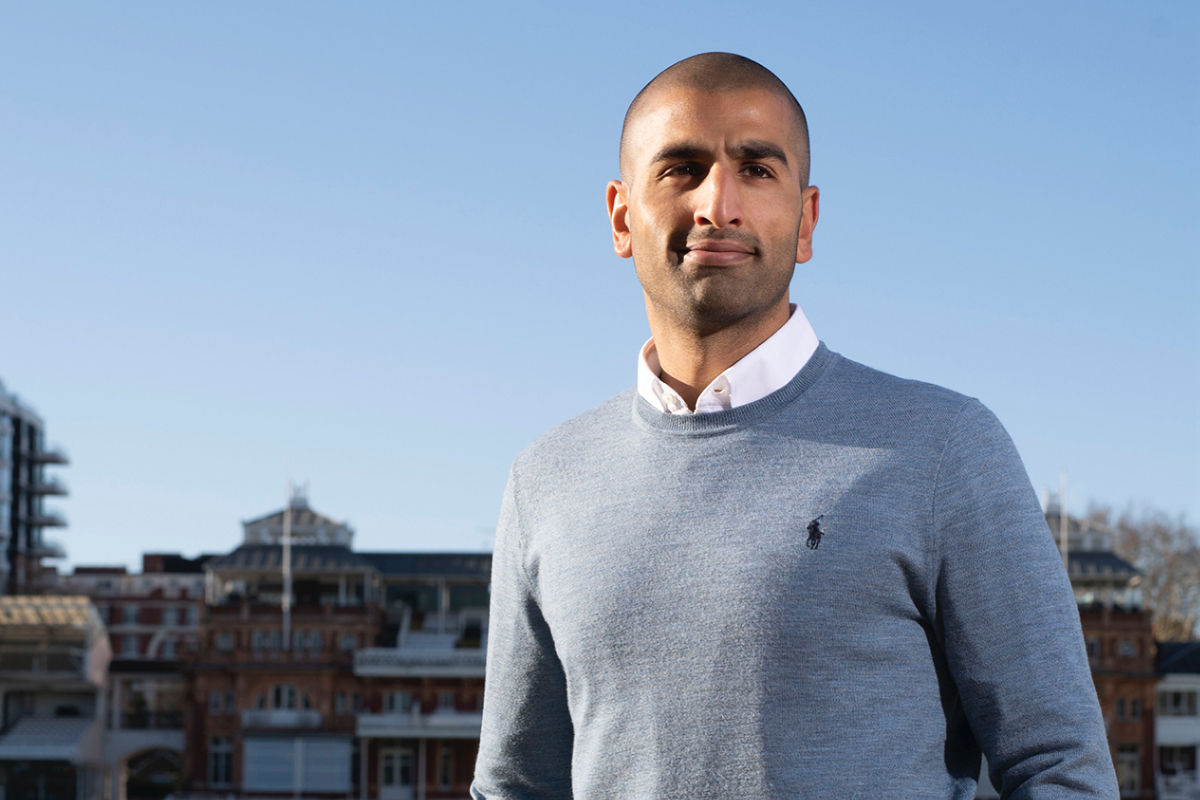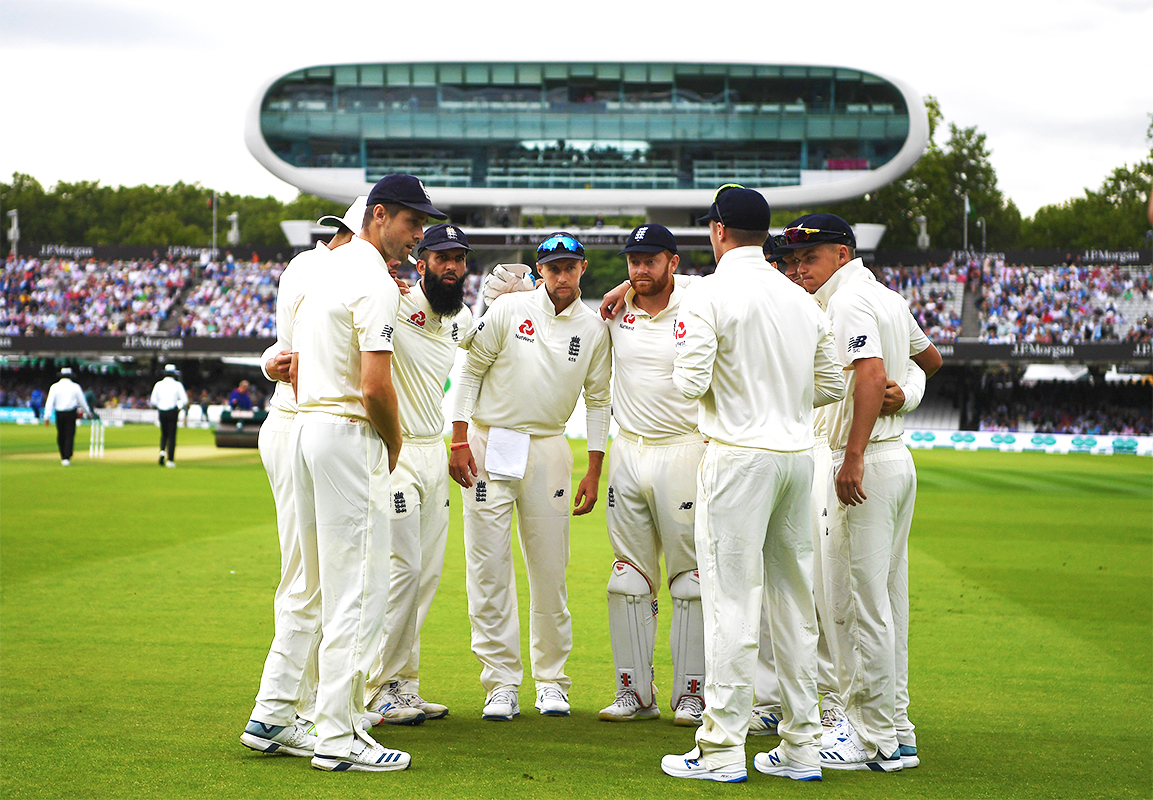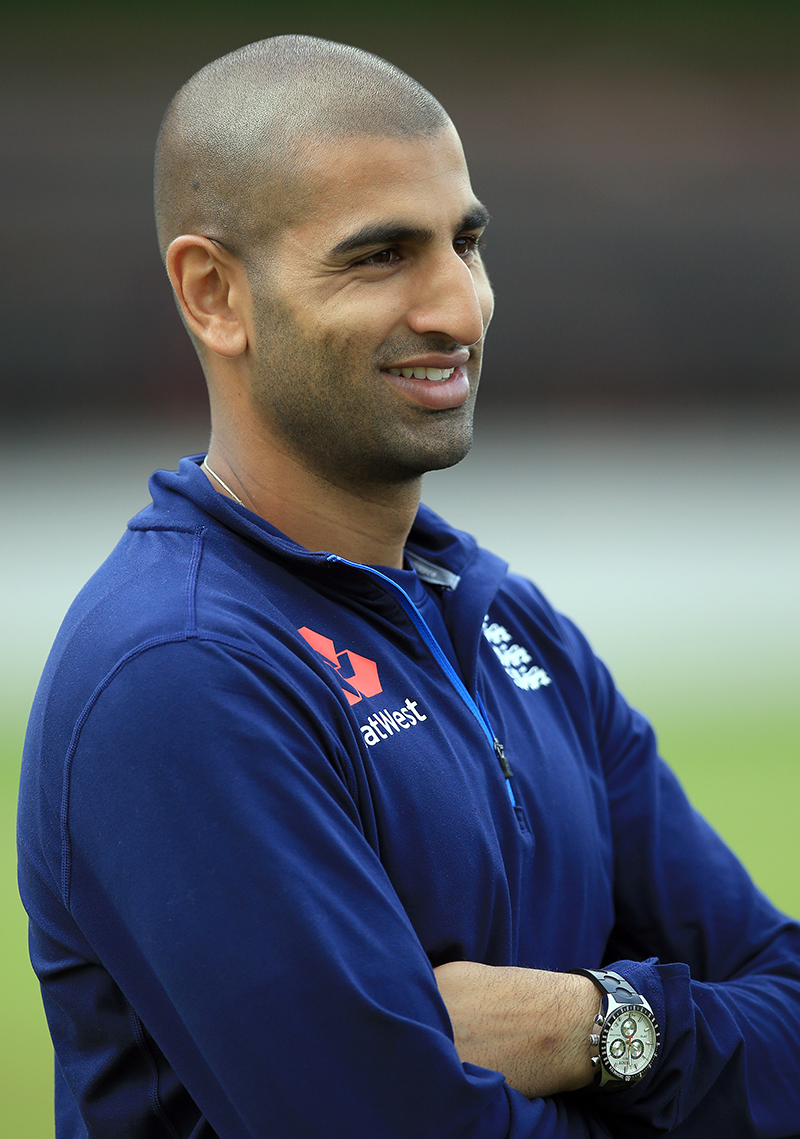This website uses cookies so that we can provide you with the best user experience possible. Cookie information is stored in your browser and performs functions such as recognising you when you return to our website and helping our team to understand which sections of the website you find most interesting and useful.
Pride of lions: Cricket Performance Director Mo Bobat shares what it takes to compete on the world stage
By Mo Bobat | 8 January 2020 | Sport
What does it take to be an elite athlete or team? England and Wales Cricket Board’s Mo Bobat reveals all

I have always been involved with cricket and have been fortunate enough to fulfil roles at various levels of the game. I coached during my formative years and throughout my seven-year career as a teacher. I began working with the England and Wales Cricket Board (ECB) in 2011, working with the national under-17 squad. A couple of years later, I became manager of the England under-19s.
Over time, my role evolved to focus more on identifying talent, which is what I have specialised in for the last three years. As the newly appointed performance director, I now support our men’s head coach Chris Silverwood and national selector Ed Smith with performance plans, as well as our selection strategy. We work closely with county teams to help support and challenge them, so that we can broaden and enhance our talent pool.
I’m specifically responsible for our international pathway, which involves identifying and developing the highest potential players from county cricket and helping them to bridge the gap between the county and international game. That involves selection for our under-19 squad and our England Lions programme, which is essentially our second team.
RULE BRITANNIA
People are most familiar with Test Cricket, which is five days long, and that’s a constant priority for us. We’re currently third in the world and we’re ambitious about getting to number one.
In 50-Over Cricket, we hosted the ICC World Cup this year and won it for the first time in our history. To win it on home soil was amazing and hopefully inspiring for the nation. Finally, we have the World Cup for Twenty20 Cricket happening in 2020, so our focus will be gearing » towards that – we’re also currently third in the world for this, so there really is everything to play for.
Cricket is fairly unique as a sport in that, although you do play as a team, there are very specific roles for individual players within that structure. It’s unlike invasion games, such as football or rugby, where there can be a lot of overlap between people’s roles and competitive demands. In cricket, there are only ever two people batting at any one time or one person bowling. You field as a unit, but there are teams within teams and a lot of individuality. So how we develop both the team as whole and the individuals within it is a relatively unique performance problem. >>
Related: Swiss show jumping champion Martin Fuchs wins the CHI Geneva Grand Prix

Trying to help our England cricket teams sustain elite performance is a fascinating leadership challenge. I believe there are four key ingredients that are fundamental for any high-performing environment.
1. Human resource
Firstly, elite performance relies on having talented and skilful people. By talented I mean innate attributes and capabilities. However, they must also be skilful, and that can include cognitive, motor and emotional skills.
2. Create a culture
Once you have the right people, it’s really important to create a culture where commitment and working hard are the norm. Committed people will put in sustained effort towards a goal, and although you obviously need to strike a work/life balance, having hard work as a shared value makes a difference.
3. Work towards a single goal
You’ve got talented and skilful people who work hard, now you need a direction. It’s critical to inspire and motivate your team, and identifying a goal or dream that you’re all aligned to can completely unify a group.
4. Be less dysfunctional
Most people strive for perfection – a perfect plan or team – but over time I’ve learnt that doesn’t exist. The real trick, I believe, is that you just need to be less dysfunctional than your biggest competition. If you look at some of the greatest sporting teams in the world, this becomes really clear. The All Blacks rugby team, for example, are likely not to be perfect, but they’re a lot less dysfunctional than their opposition. This is clearly augmented by their strong cultural identity.
While these elements are simple to understand, it’s the implementation that becomes trickier. You have to nail your basics, be clear as a team (both on the field and within your management team) about the things that matter most, and then work hard to ensure your energy and resources are aligned to that goal.
A major part of that is communication between different departments, particularly between the England team and our pathway. The team spends the best part of 250 to 300 days a year on the road or overseas so it’s easy to become disconnected from the rest of our network. How do you maintain clear communication? That’s one of the things I plan to prioritise in my new role. >>

FOLLOW THE LEADER
I’ve always had a fascination with leadership, and have a lot of respect for strong, ethical and emotionally intelligent leaders, especially in the sports industry. In cricket, the captain is both thinktank and cultural architect, which represents an intriguing leadership case study. I’ve been fortunate to work for exceptional leaders in my time at the ECB. Andrew Strauss, former managing director of the ECB, is a fantastic leader and I thoroughly enjoyed working with him.
Across other sports, I admire people like Simon Timson, whom I worked with previously. He oversaw the strategy for the Rio 2016 Olympic Games – Team GB’s most successful Olympic cycle ever. Then of course, there are those who are doing great jobs while working under an incredible level of scrutiny and expectation. What Gareth Southgate has achieved with English football and Eddie Jones in rugby is really impressive.
Every field has its Everest in terms of elite achievement, and the thing about many athletes and teams is that we all very quickly move on to the next objective, so it’s easy to forget how remarkable some achievements are. For example, this year Eliud Kipchoge ran a sub-two-hour marathon – a fantastic achievement – and for obvious reasons, athletes in the Paralympic world deserve a huge amount of respect for showing us what can be attained.
If I was advising aspiring athletes – or even my younger self – I would say be more ambitious. Dream even bigger. As we grow older, society can wear ambition out of us, but these elite athletes prove we can do anything.
There’s a quote by poet Maya Angelou that I love and think about a lot: “Don’t make money your goal. Instead, pursue the things you love doing, and then do them so well that people can’t take their eyes off you.”
My motivation has always been to do what I dreamt of doing as a kid and I believe that, to succeed, we should be passionate about what we do. That’s what leads to elite performance. Passion.







